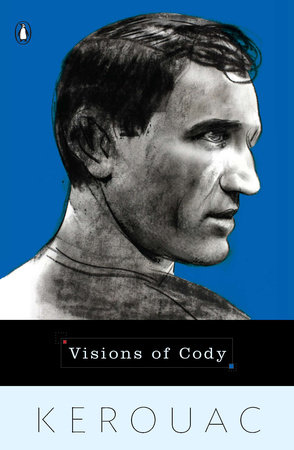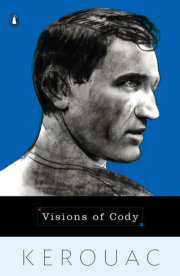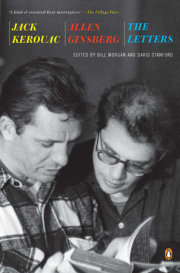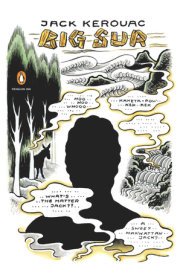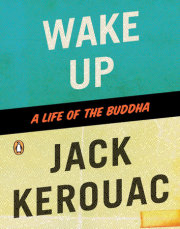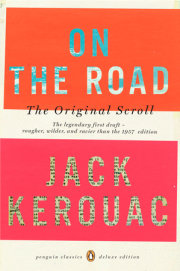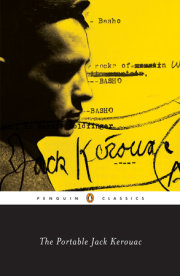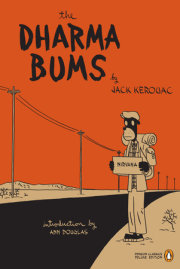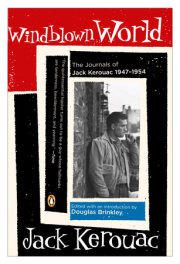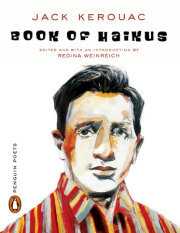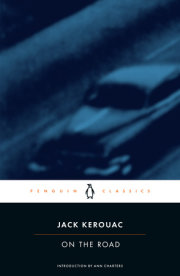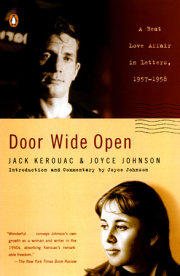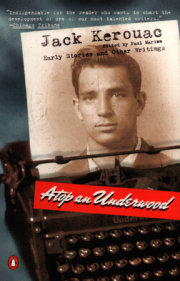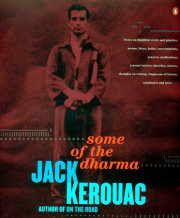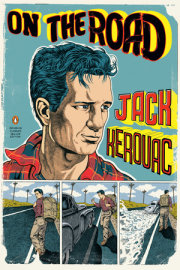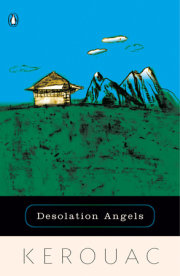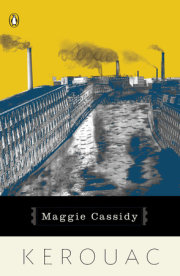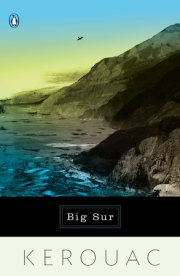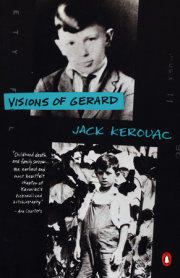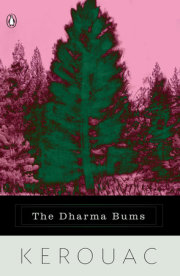Jack Kerouac was born in Lowell, Massachusetts, in 1922, the youngest of three children in a Franco-American family. He attended local Catholic and public schools and won a scholarship to Columbia University in New York City, where he first met Neal Cassady, Allen Ginsberg, and William S. Burroughs. His first novel,
The Town and the City, appeared in 1950, but it was
On the Road, published in 1957 and memorializing his adventures with Neal Cassady, that epitomized to the world what became known as the “Beat generation” and made Kerouac one of the most best-known writers of his time. Publication of many other books followed, among them
The Dharma Bums,
The Subterraneans, and
Big Sur. Kerouac considered all of his autobiographical fiction to be part of “one vast book,”
The Duluoz Legend. He died in St. Petersburg, Florida, in 1969, at the age of forty-seven.
View titles by Jack Kerouac

